“Homeowners and landscapers are learning what ecologists have known for decades: It’s time to shed the mighty American lawn in favor of native plants and perennials,” Chris Moody writes.
Launch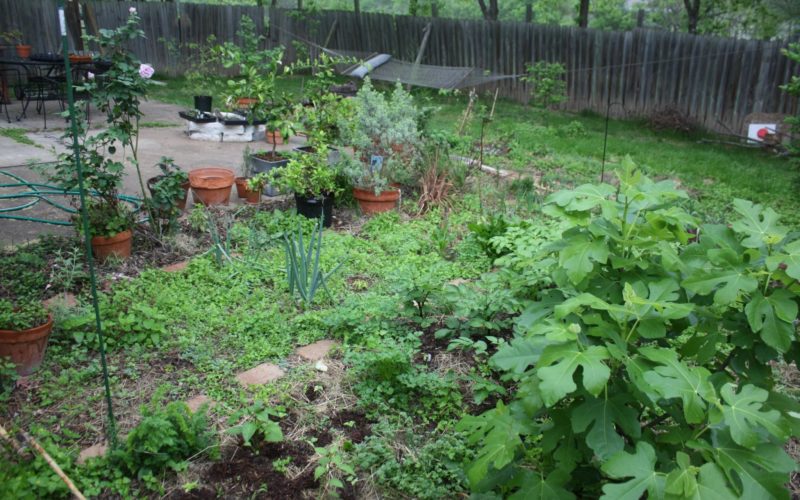
Offering asides, recommended links, blogworthy quotations, and more, In Brief is the Northwest Progressive Institute's microblog of world, national, and local politics.


“Homeowners and landscapers are learning what ecologists have known for decades: It’s time to shed the mighty American lawn in favor of native plants and perennials,” Chris Moody writes.
Launch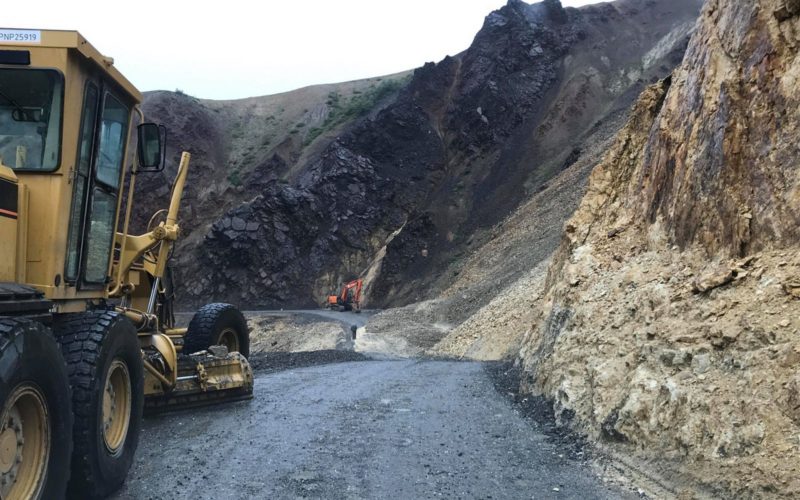
“For decades, the rangers at Denali National Park in Alaska were easily winning their battle against a slow-moving landslide underneath the park’s only road. Now, due in part to the effects of climate change, they are losing very badly,” Andrew R. Chow reports.
Launch
“He’s describing what we would now call a ‘trophic cascade,’ and for me, as a scientist, I just find that genius that he anticipated that concept by a decade or more,” anthropologist and evolutionary biologist Nathaniel Dominy told NPR.
Launch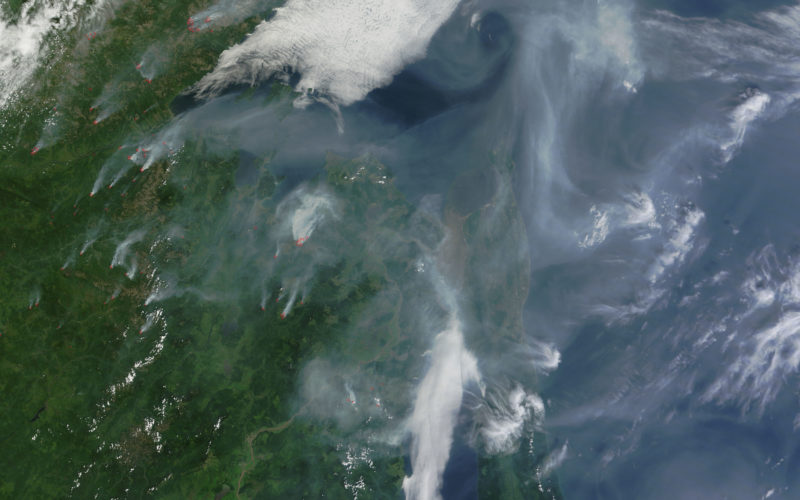
“Siberia is so vast that huge fires can burn without threatening any major settlements, transportation systems or infrastructure — but are still part of a swath of infernos that together are larger than all the other blazes around the world,” Robyn Dixon reports.
Launch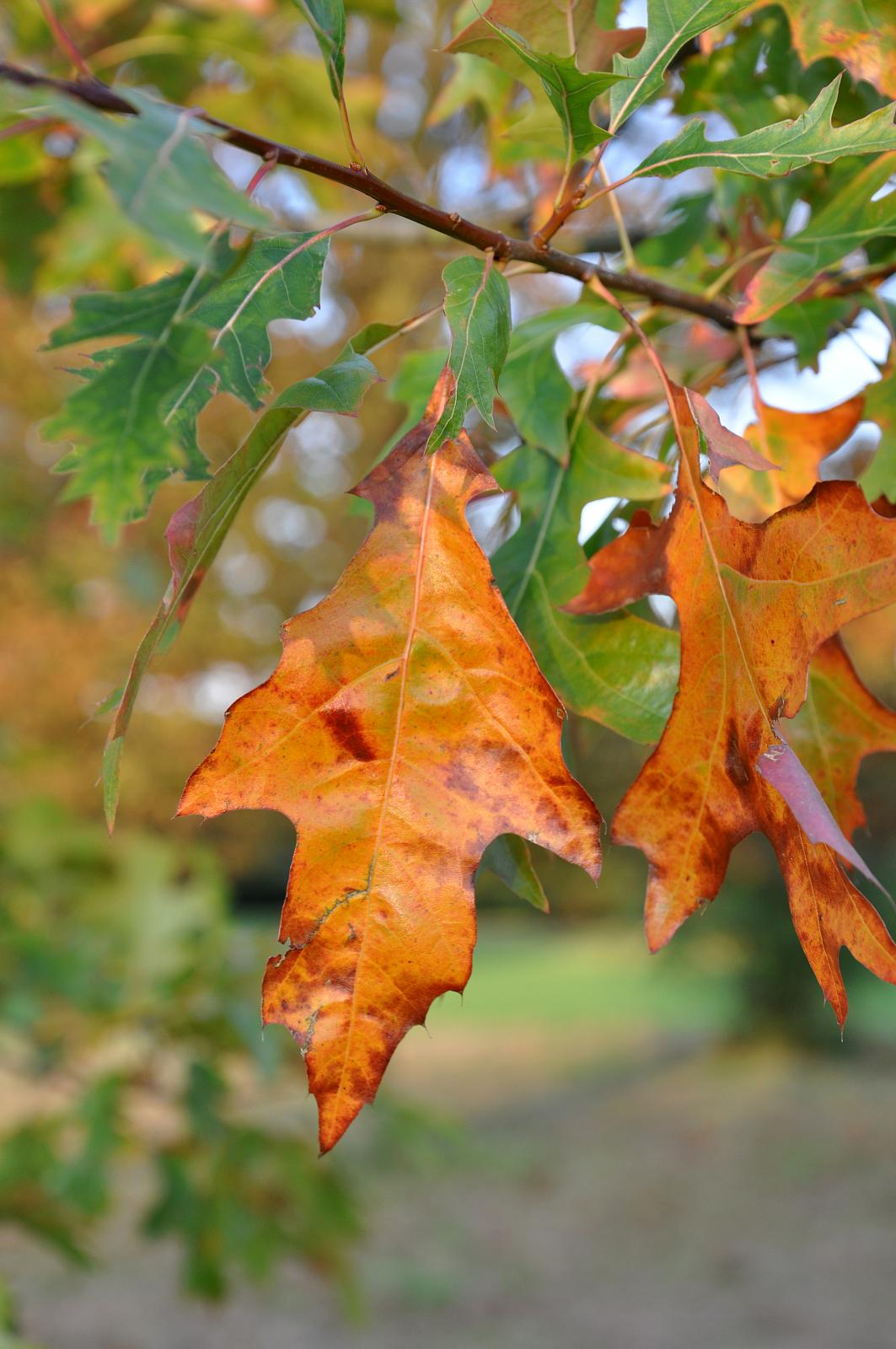
In the words of Brian Stone: “Trees are, quite simply, the most effective strategy, technology, we have to guard against heat in cities.”
Launch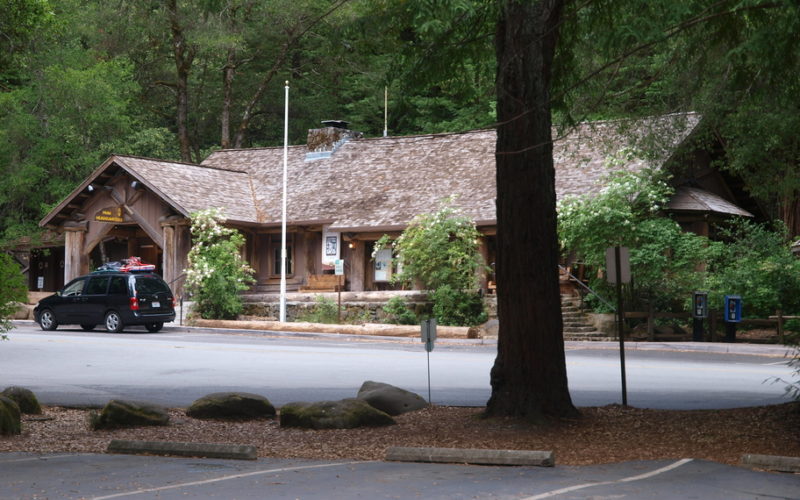
A wildfire has destroyed all the historic structures in California’s first state park, leaving conservation advocates like Sam Hodder in mourning.
Launch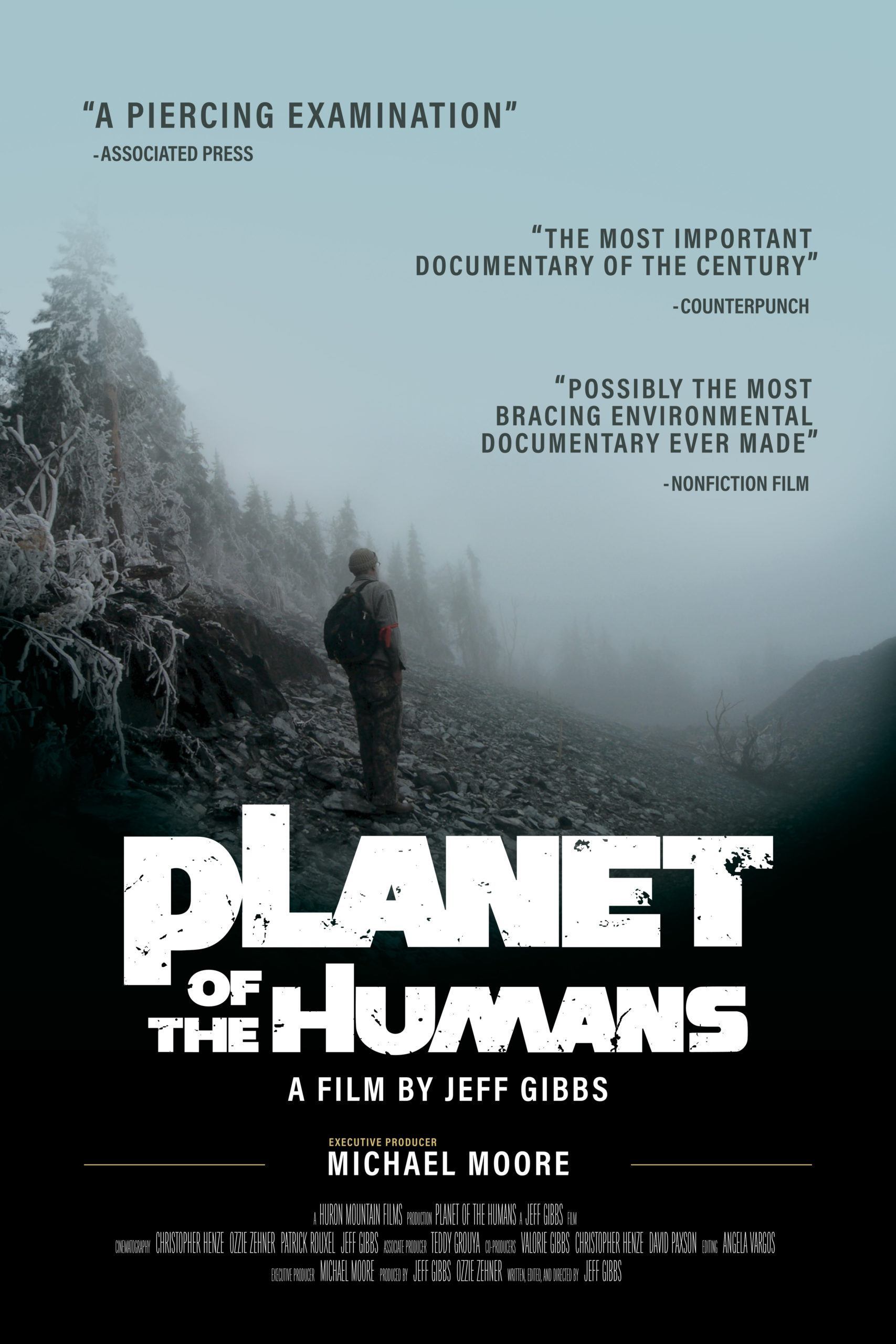
Planet of the Humans is “a documentary that dares to say what no one else will — that we are losing the battle to stop climate change on planet earth because we are following leaders who have taken us down the wrong road.”
Launch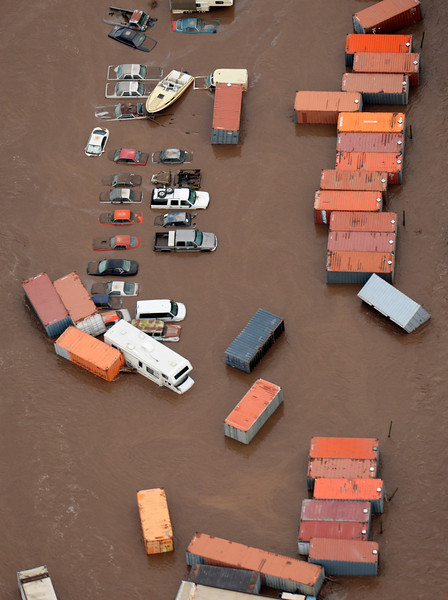
We can’t build our way out of future floods with better levees, just as we can’t build our way out of traffic congestion with wider highways.
Launch
“Concentrated nutrients and fertilizers left over from cannabis growing operations are being dumped in public sewers and making their way past wastewater treatment plants into Puget Sound,” reports Kristen Millares Young. “And millions of pounds of weed harvest waste that could be composted are instead getting trucked to landfills.”
Launch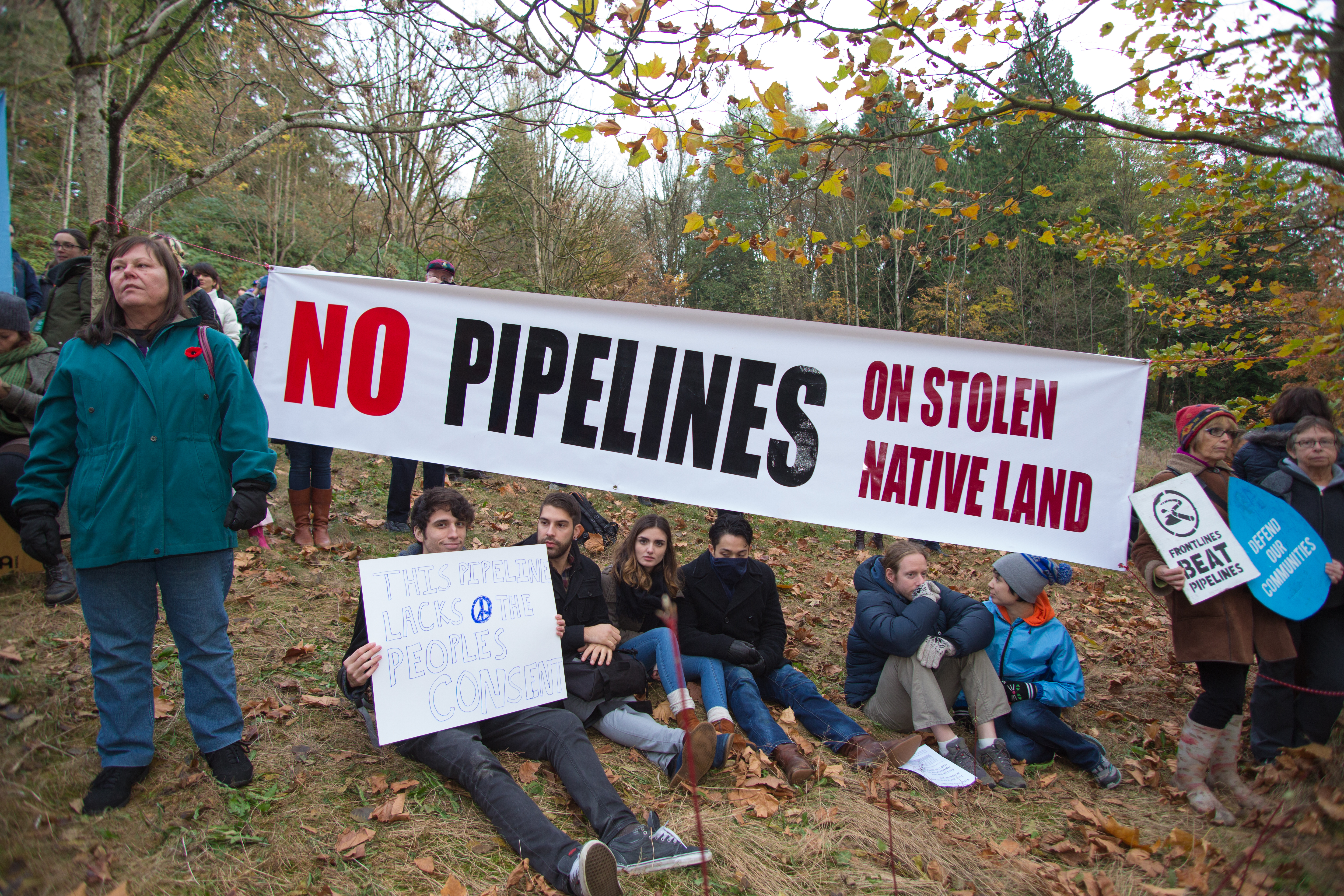
“If the opposition movement in British Columbia and Washington state has a totem animal, it is the critically-endangered southern resident killer whale that travels the waters even more tankers will use if the pipeline is built,” writes Lynda Mapes
Launch
The Los Angeles Times tells the story of Topacio Reynoso, a farmer’s daughter from a remote village in Guatemala who, at fourteen, “devoted herself to opposing construction of a large silver mine planned for a town nearby”.
Launch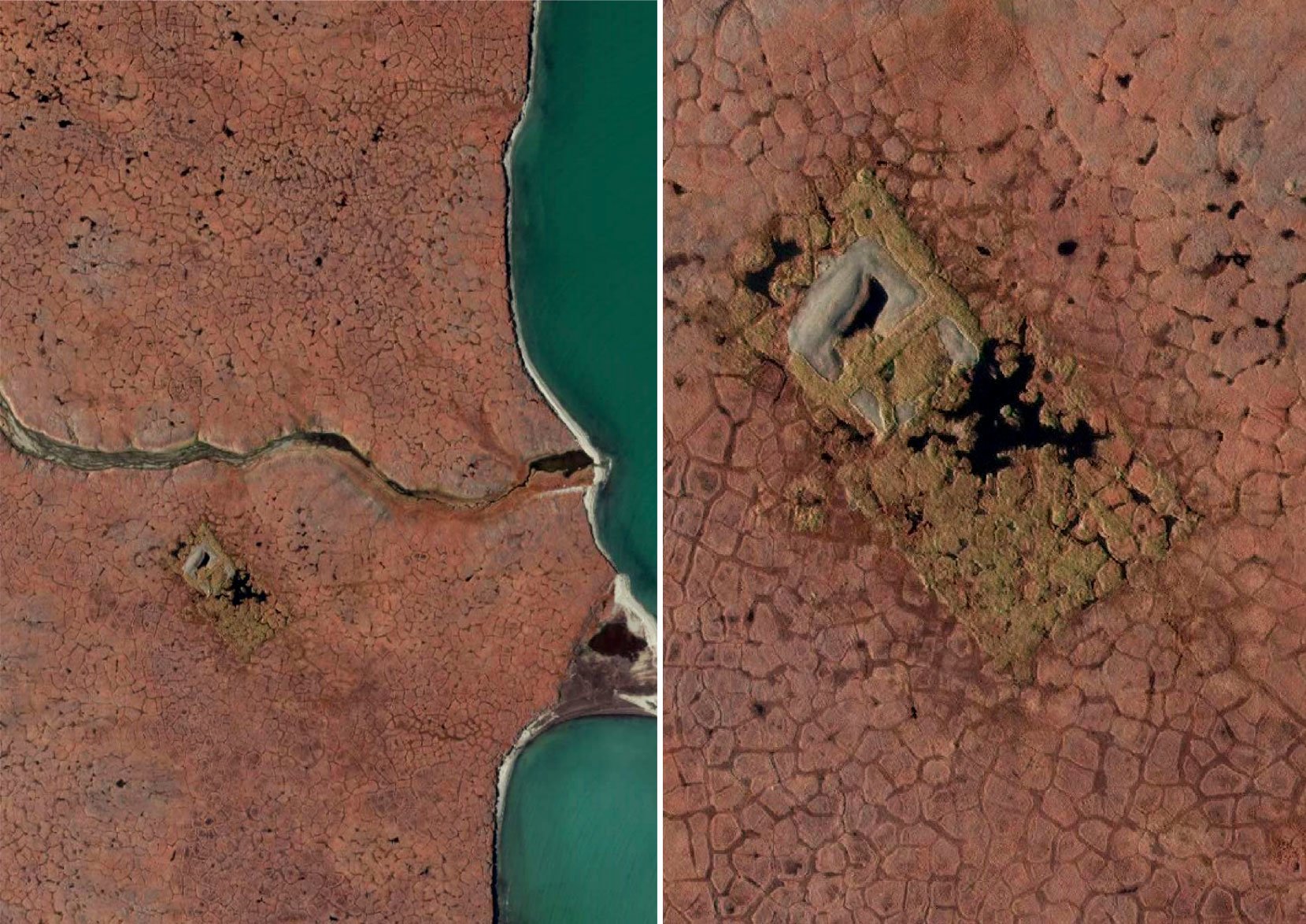
“These satellite images of a small part of the Arctic National Wildlife Refuge show the site of what, so far, is the only oil well ever drilled in the refuge, an exploratory well known as KIC-1 that was completed in the mid-1980s. The well was plugged and abandoned, and the drilling equipment and a special timber pad it sat on have long since been removed. “
Launch
Washington Senator Maria Cantwell is trying to nix the Republican Party’s latest attempt to open the Arctic Refuge to oil drilling.
Launch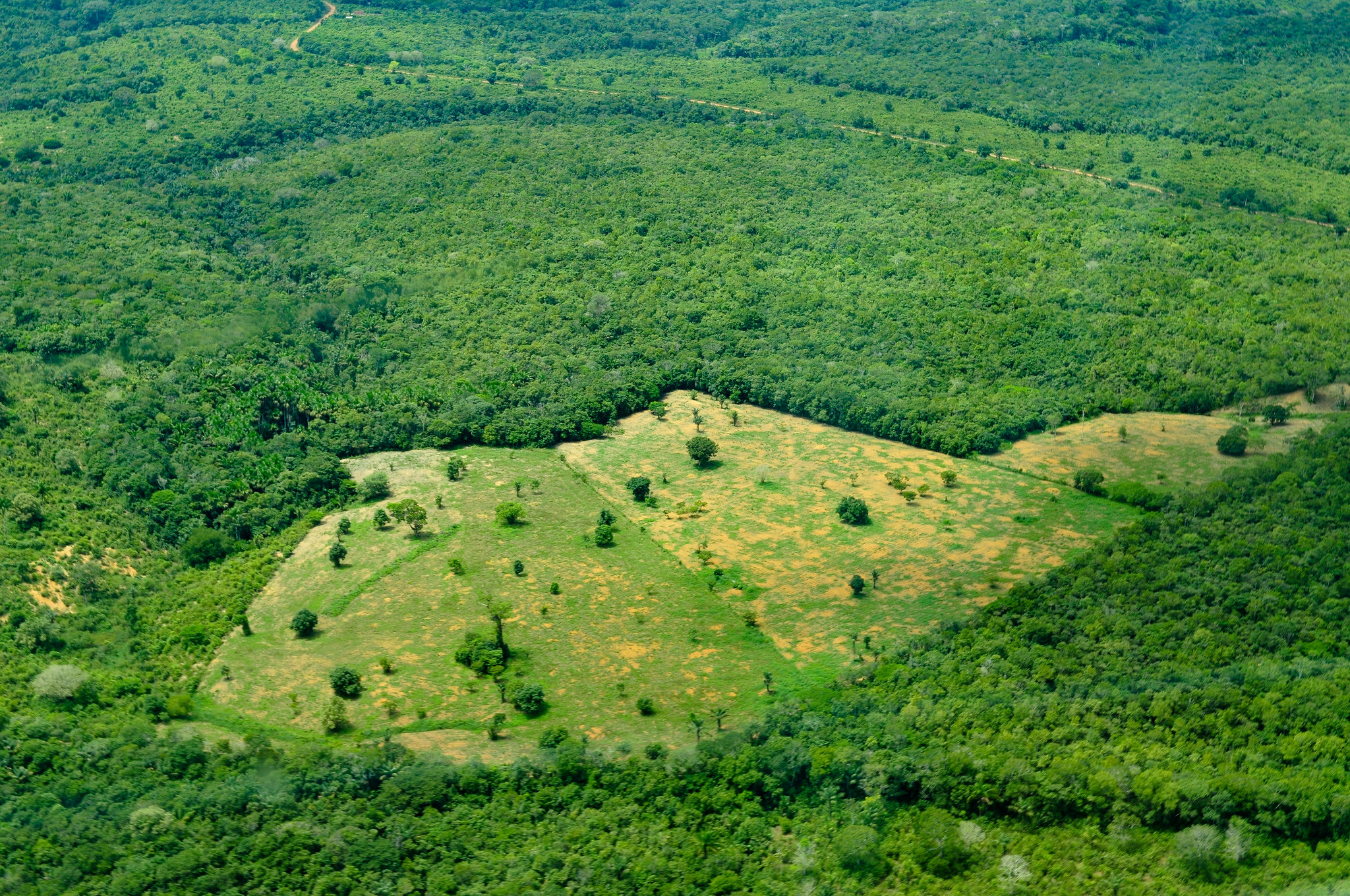
Via the BBC, a victory (at least for now) over a blatant attempt to allow the forces of greed to wreak havoc in the Amazon: “A Brazilian court has suspended a government decree that would open up a vast natural reserve in the Amazon to commercial mining. The area covers 46,000 sq km (17,800 sq miles) and is thought to be rich in gold, manganese and other minerals. On Monday, following widespread criticism, the government revised the decree, prohibiting mining in conservation or indigenous areas.”
Launch
It’s not just the Trump regime that is harming our environment. The BBC reports that the government of Brazil has “abolished a vast national reserve in the Amazon to open up the area to mining”. Conservationists are — appropriately — gravely distressed.
Launch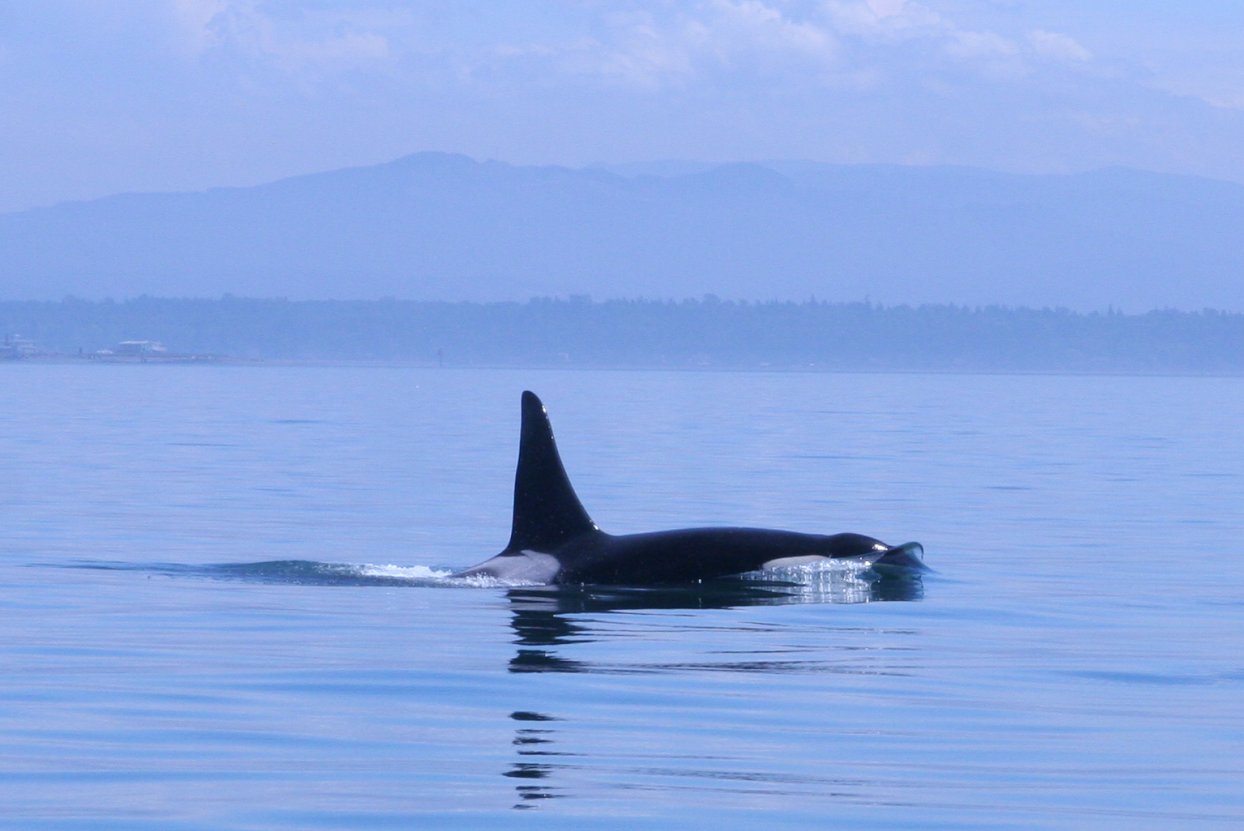
Trump’s minions gutted rule created at the behest of the fishing industry to protect whales and sea turtles just because they could. The well-being of wildlife is no concern of theirs.
Launch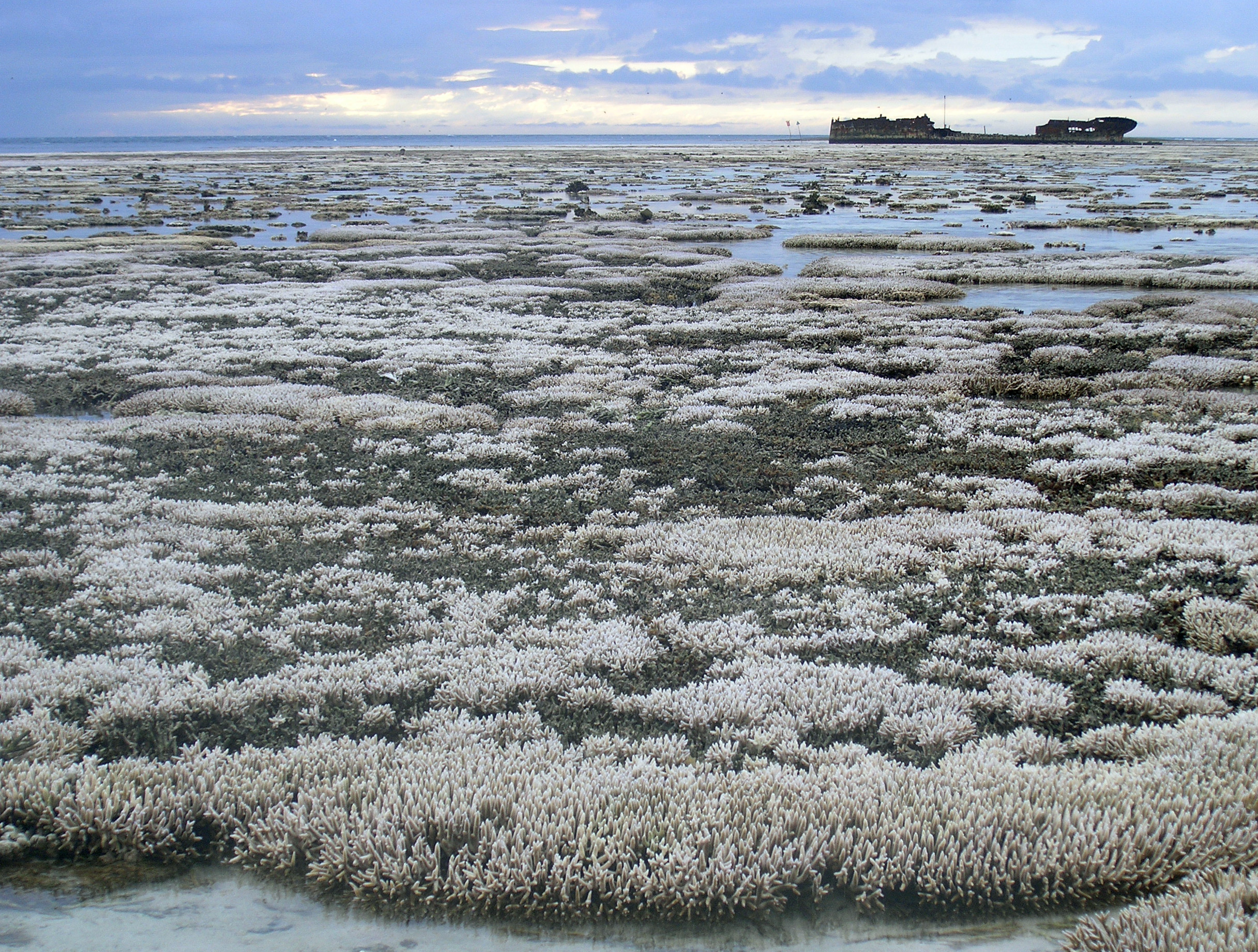
The BBC recaps the bad news: “Unprecedented coral bleaching in consecutive years has damaged two-thirds of Australia’s Great Barrier Reef, aerial surveys have shown. The bleaching – or loss of algae – affects a 1,500km (900 miles) stretch of the reef, according to scientists.”
Launch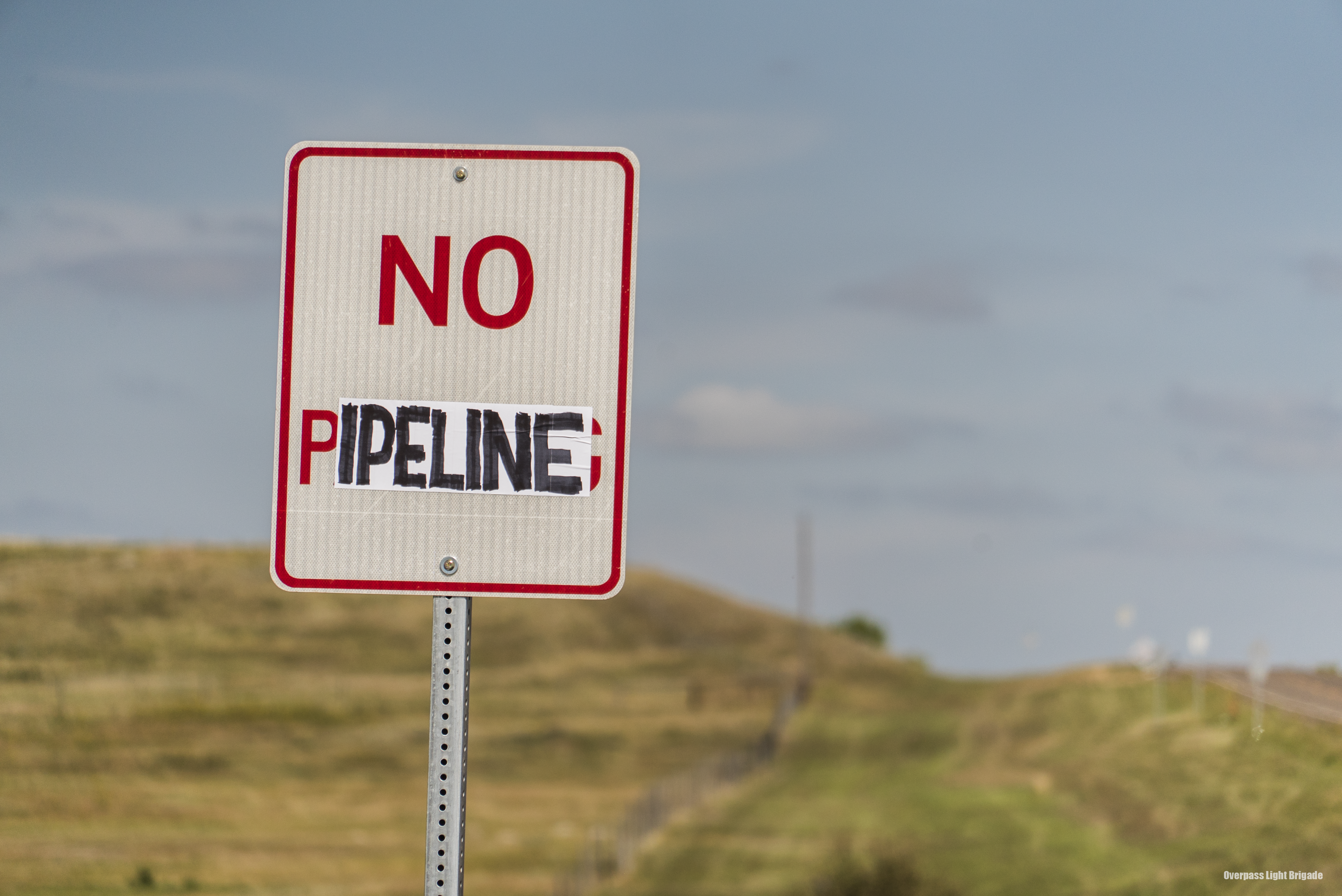
“The fight at Standing Rock is a big damned thing,” writes Bill McKibben. “It’s a Flint-in-the-making, and it’s also a chance to for once do right by the continent’s oldest inhabitants. Surely Hillary Clinton can rise to the occasion. Can’t she?”
Launch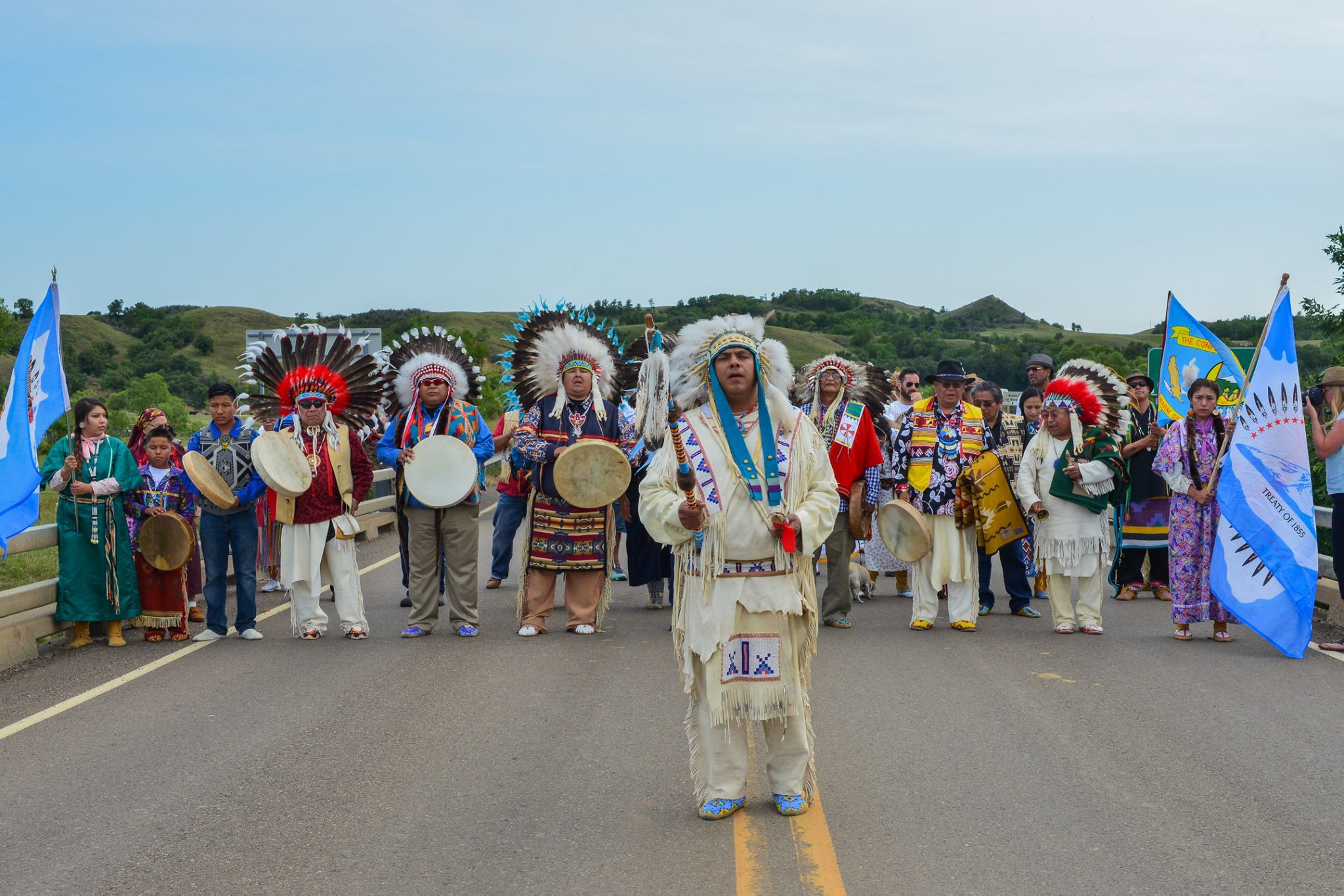
“Tribes from across Washington and the Northwest have journeyed to remote Cannon Ball, N.D., to join the Standing Rock Sioux Tribe in a peaceful occupation of ancestral lands where the tribe seeks an injunction to stop construction of an oil pipeline until its waters and cultural resources are protected,” Lynda Mapes reports.
Launch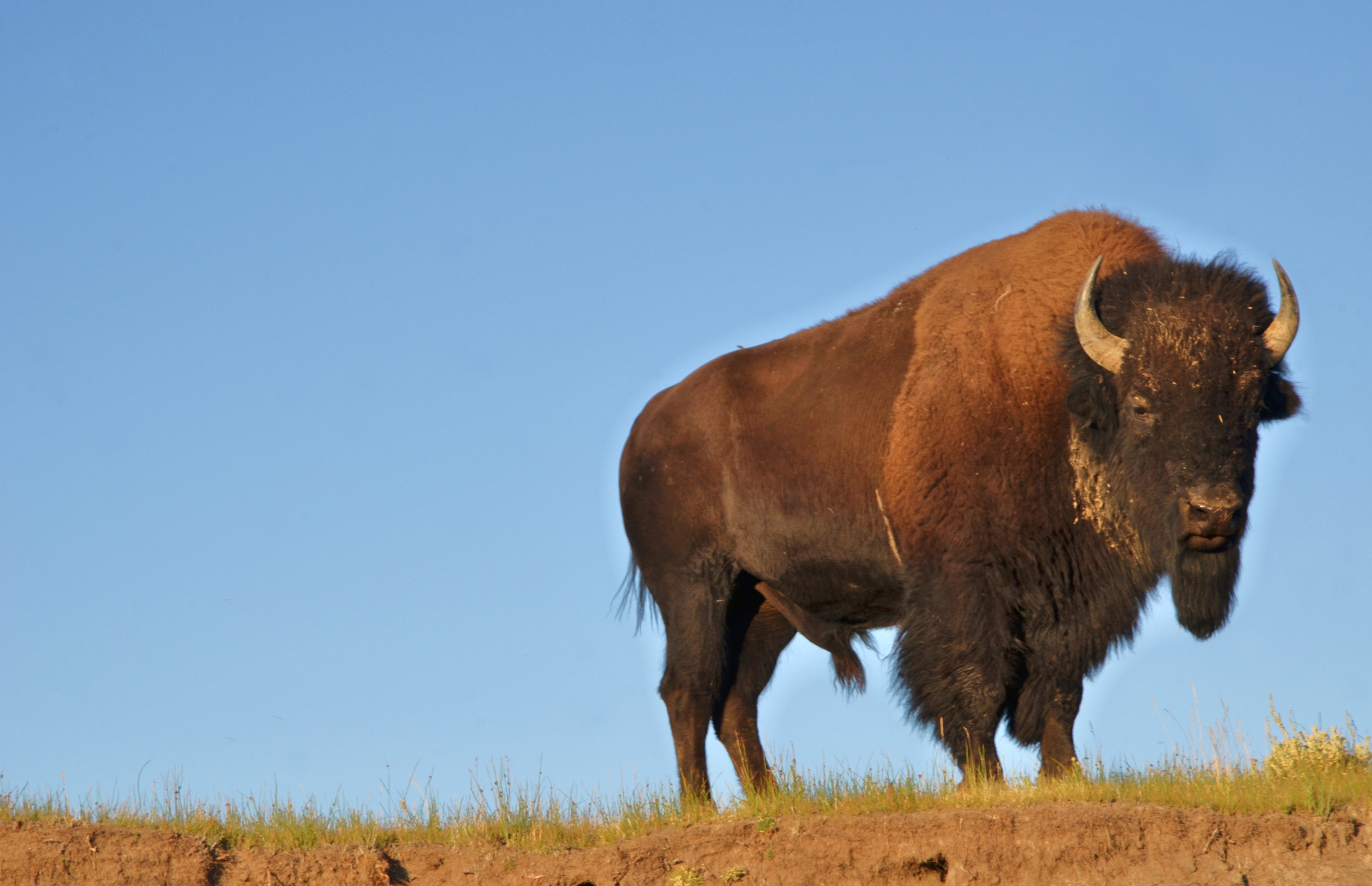
The National Park Service is asking Americans and visitors to the United States to do their part to keep themselves and wildlife safe. In a
Launch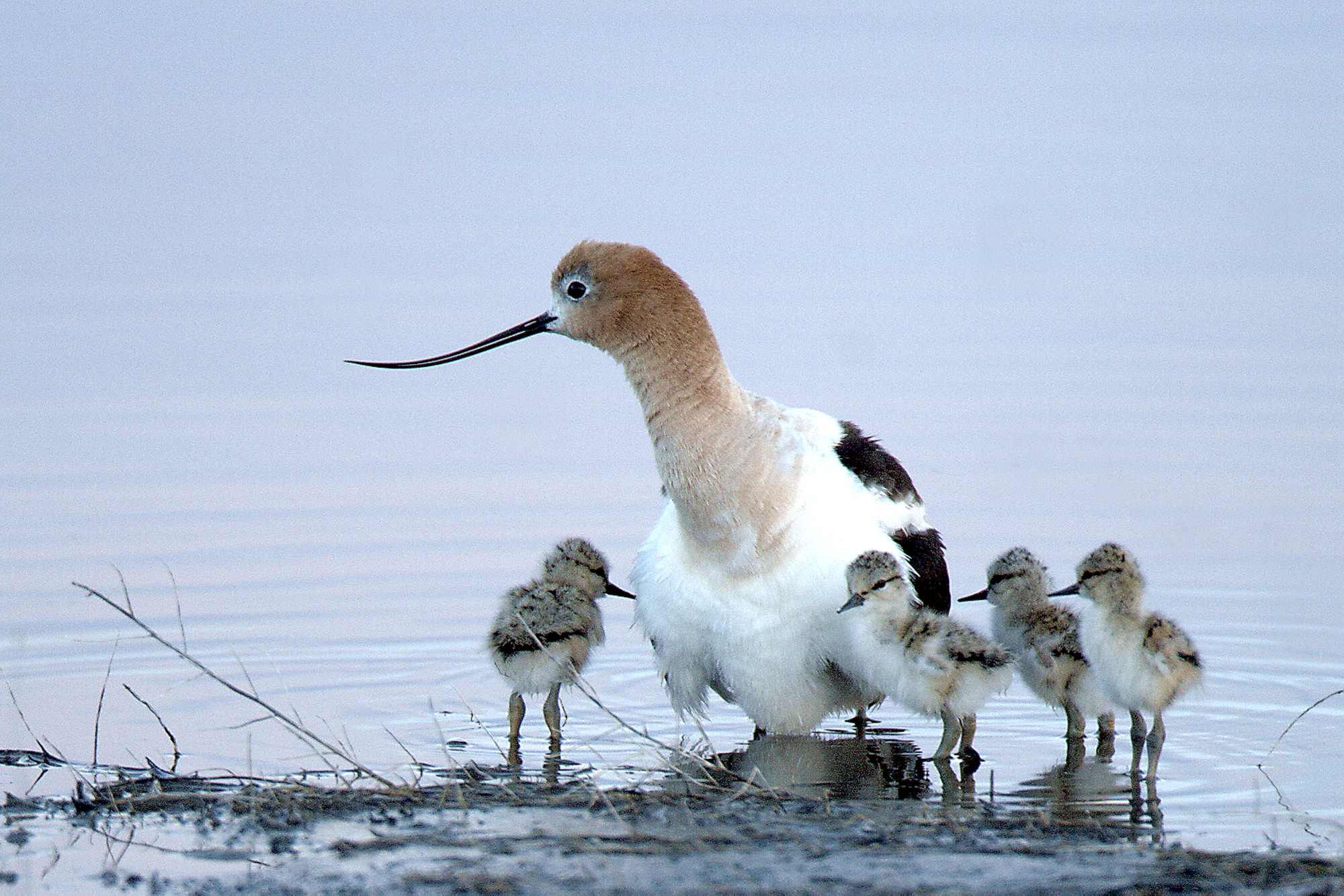
“In the aftermath of the winter occupation, spring birds are arriving and Malheur National Wildlife Refuge staff are making an uneasy return to their jobs and homes in Eastern Oregon’s Harney County,” reports Hal Bernton for The Seattle Times.
Launch